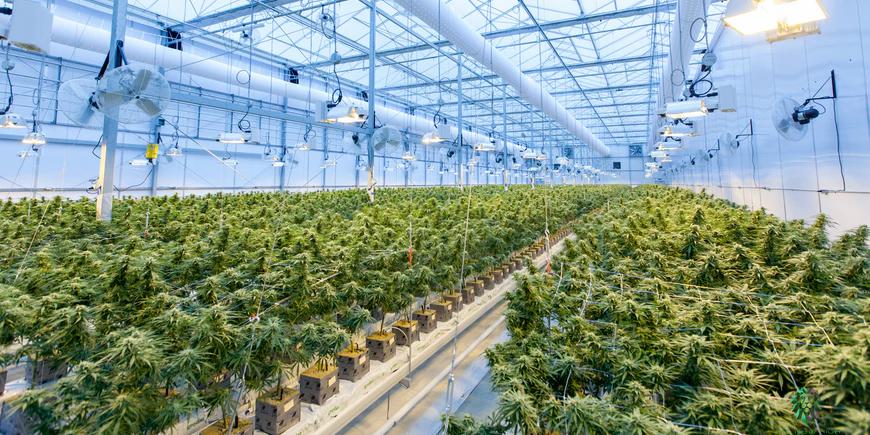The city of Cullman is preparing to authorize medical cannabis growing, processing and dispensing locations. A resolution passed this week by the city council states the city “does hereby authorize the operation of medical cannabis dispensing sites by dispensary licensees and integrated facility licensees within the corporate limits of the City of Cullman.”
The city of Tuscaloosa passed a similar ordinance last week. Some citizens' concerns were that allowing dispensaries could create an environment susceptible to crime. Luke Satterfield, an attorney with the city of Cullman, said dispensaries would be comparable to pharmacies.
“You would go in there with your note [proving you have a prescription],” said Satterfield. “You would show them your card. They would access you on their online database system to make sure that it is a valid card. They would match your ID with your card and the system, and then they would turn around and sell you the amount, milligrams, etc., of what the doctor prescribed."
Satterfield also said the sale of medical cannabis could benefit local municipalities and counties.
“It’s obviously tax dollars for the city,” said Satterfield. “It’s a highly regulated opportunity for those that face debilitating ... physical and mental illnesses.”
Dispensaries must first be approved by the Alabama Medical Cannabis Commission before they can get a license through municipalities, so any municipality or county must pass their own ordinance to allow for dispensaries first. Counties and municipalities may also put their own regulations on those businesses.
The state will allow 12 cultivators, four processors, four dispensary licensees (that may operate three locations each), and five integrated facility licenses (where businesses may grow, process, transport and dispense medical cannabis). The application process includes a background check, analysis of financial ability, moral character and business background. The Alabama Medical Cannabis Commission may pick and choose who is eligible for a license based on their analysis of these and other factors.
Conditions that may be treated with medical cannabis include autism, cancer, Crohn’s disease, depression, anxiety, epilepsy, Parkinson’s disease and other chronic or terminal conditions.
The medication would be offered in pill form, patches, gels, oils and other means but would not be available in leafy form, edibles or smoked or vaped forms.
The National Institute on Drug Abuse (NIDA) found that medications derived from chemicals in the marijuana plant can be helpful for some conditions. However, it is unknown if there are long-term adverse effects for those chemicals.
“Development of drugs from botanicals such as the marijuana plant poses numerous challenges,” the NIDA states. “Botanicals may contain hundreds of unknown, active chemicals, and it can be difficult to develop a product with accurate and consistent doses of these chemicals. Use of marijuana as medicine also poses other problems such as the adverse health effects of smoking and THC-induced cognitive impairment.”
Still, Satterfield said some conditions are best treated with those components. He also reminded the public that in Alabama, these drugs would not be the leafy green substances that people smoke illegally.
“If they’ve ever sat there and watched someone suffer and die, then I would tell them that this is a good reason,” said Satterfield. “For people that are suffering from mental and physical illness, the science behind this and the medicine shows that this can help.”
The city of Cullman is also considering going a step further and amending its zoning ordinance to require approval of dispensaries by the Cullman Planning Commission.
The Alabama Medical Cannabis Commission will begin accepting applications from companies seeking a medical marijuana grower, processor, transporter, or dispensary license on Sept. 1. The first medical marijuana sold in the state under the law will likely not be available to consumers until sometime in 2023.
You can read the state’s regulations for medical cannabis dispensaries here.
To connect with the author of this story, or to comment, email erica.thomas@1819news.com.
Don’t miss out! Subscribe to our newsletter and get our top stories every weekday morning.









